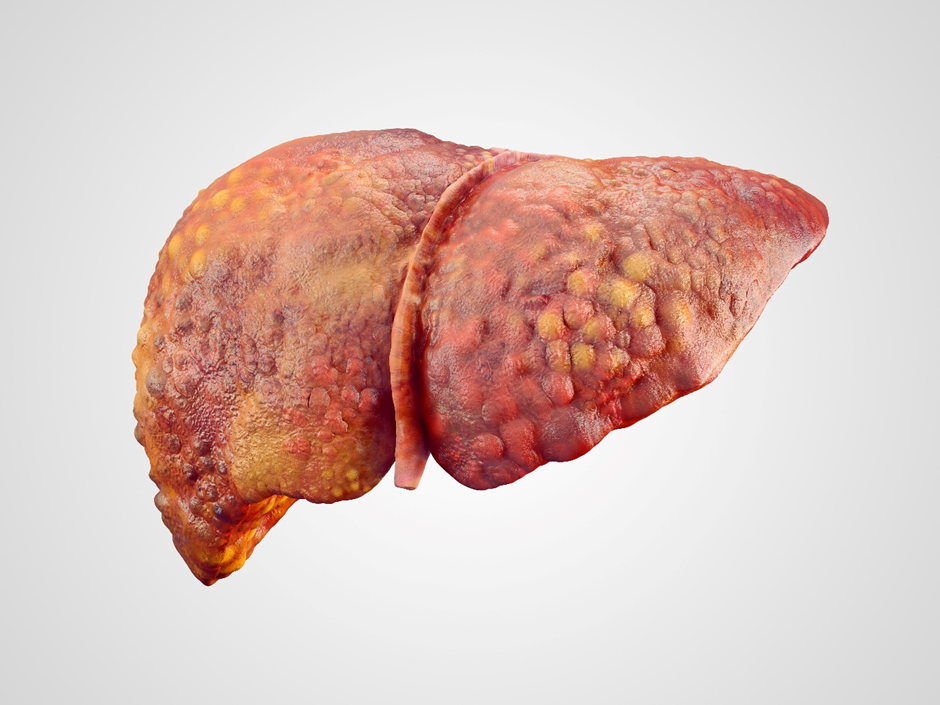Understanding Liver Cirrhosis
Liver cirrhosis occurs when the liver becomes damaged over time, leading to scarring, which makes it difficult for the liver to work well.
The liver is like a cleaning machine. It filters toxins, aids digestion, and stores energy. When it gets scarred, these processes slow down, affecting overall health.
As the condition advances, the liver struggles more with performing its duties. Liver cirrhosis stages can range from mild liver damage to severe scarring. In the early stages, symptoms might not be noticeable. However, in later stages, the effects become more pronounced. Understanding these stages is crucial since early detection can make a big difference in liver cirrhosis prognosis.
Key Causes of Liver Cirrhosis
Many factors can lead to liver cirrhosis. Common causes often stem from lifestyles. Here’s a closer look:
- Chronic alcoholism: Regular and high consumption of alcohol can severely damage the liver over time.
- Fatty liver disease: An unhealthy diet and lack of physical activity can result in fat buildup in the liver, leading to damage.
- Viral infections: Infections like hepatitis B and C play a massive role. High-risk individuals must get vaccinated and tested regularly for these infections.
Additionally, there are less common factors:
- Autoimmune diseases: Sometimes, the body’s immune system attacks its own liver cells, causing inflammation and scarring.
- Genetic predispositions: Rare genetic conditions can make an individual more susceptible to liver damage.
Knowing these causes of liver cirrhosis helps in prevention and early intervention.
Recognizing Symptoms of Liver Cirrhosis
It is vital to spot liver cirrhosis symptoms early. Symptoms can start small, like feeling tired or sick—nausea. As damage progresses, symptoms can become more severe.
Key symptoms include:
- Fatigue
- Nausea
- Liver tenderness
Watch for ‘red flags’ that require immediate medical consultation. These include: vomiting blood and mental confusion. Early detection of liver cirrhosis symptoms can lead to quicker intervention and better management.
Diagnosing Liver Cirrhosis: Steps and Challenges
Liver cirrhosis diagnosis involves a few steps. Doctors will take a look at medical history and perform a physical exam. Additionally, lab tests might be necessary. These tests help in checking liver function and identifying the extent of damage.
Regular check-ups are essential, especially for those at risk. Catching the symptoms early can stop the condition from getting worse. Despite challenges, early liver cirrhosis diagnosis improves chances of better health outcomes.
Navigating Treatment Options for Liver Cirrhosis
For liver cirrhosis treatment options, lifestyle changes are crucial. Here are some steps:
- Eat nutritious foods: Opt for a balanced diet rich in fruits, vegetables, and lean proteins.
- Avoid alcohol: Completely steer clear of alcohol to prevent further liver damage.
Several medications exist for managing symptoms and attacking underlying causes, such as hepatitis infections. It’s vital to follow the doctor’s recommendations for any drugs prescribed.
For severe cases, more advanced liver cirrhosis treatment options might include liver transplantation. Not everyone may need it, though. Additionally, meeting its criteria and understanding post-care is essential.
Emphasizing Prevention: Lifestyle Changes and Vaccinations
Prevention is always better than cure. Campaigns focusing on this can make a difference. For liver cirrhosis, consider these preventive steps:
- Get vaccinated for hepatitis to minimize risk.
- Stick to a healthy diet rich in nutrients.
- Maintain a regular exercise routine to promote an overall healthy lifestyle.
Public awareness plays a big role in prevention. Promoting early detection methods can save lives. Reinforcing good habits from the start helps significantly in keeping liver cirrhosis at bay.
Conclusion and Resources: Taking Control of Your Liver Health
Preventive steps can save your liver. Avoiding liver cirrhosis symptoms through early detection and lifestyle modifications can boost health. If any symptom arises, don’t wait. Seek advice from healthcare professionals. They can guide you aptly.
Want to learn more or get support? Various resources and support groups exist. Utilize them to gain more insight and aid if needed. Let’s prioritize liver health together. Actively make informed choices today and maintain a happy, healthy life. Together, we can make a difference!
Take the step today! Explore preventive measures for a healthier you. Remember, a healthy liver means a healthier life. Consult a healthcare provider now for personalized guidance.
To take a proactive step towards better liver health, consider consulting with healthcare experts at Shirdi Sai Hospital. They offer personalized guidance and can help you understand the preventive measures necessary for maintaining a healthy liver. Don’t hesitate to reach out and schedule an appointment today to ensure a healthier and happier life.
Visit Shirdi Sai Hospital or contact them to learn more about how you can protect your liver health. Take action now and make a significant difference in your well-being!
